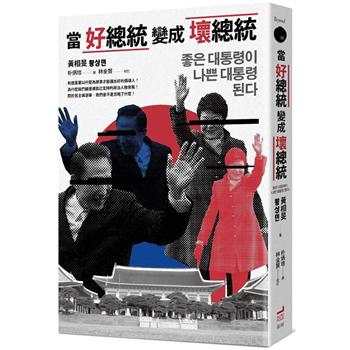This book critically engages with the concepts of small states and soft power and advances a new approach to defining small states, a new conceptualisation of soft power, and a method for empirically analysing the exercise of soft power. It revisits the concepts of small states and soft power with a focus on Bhutan and Qatar and their approach to exercise soft power to achieve their foreign policy goals.
Building on two main perspectives to define small states - the objective approach and the subjective perspective - this book offers an intersubjective approach to define states as small. The intersubjective approach requires a shared understanding between states that a certain state is small. The book further highlights the importance of deconstructing the meaning of size and to separate the notion of size from the concept of power because size is not always indicative of power. It argues that although small states tend to have fewer material resources than large states, they nevertheless can have influence through the exercise of soft power. Soft power is in this book defined as the ability of an actor to convince another actor that something is true. Convincing deals with the beliefs of an actor and is a mental decision rather than a physical action. This book argues that the exercise of soft power can be analysed through examining the development, projection, and reception of identities. The findings of this book show that Bhutan was more successful than Qatar in exercising soft power and explains the reasons for this variation.
Aimed at a multidisciplinary audience, this book will be of particular interest to practitioners, scholars, and students of International Relations, Political Power, Small States, and Area Studies.

 看圖書介紹
看圖書介紹










